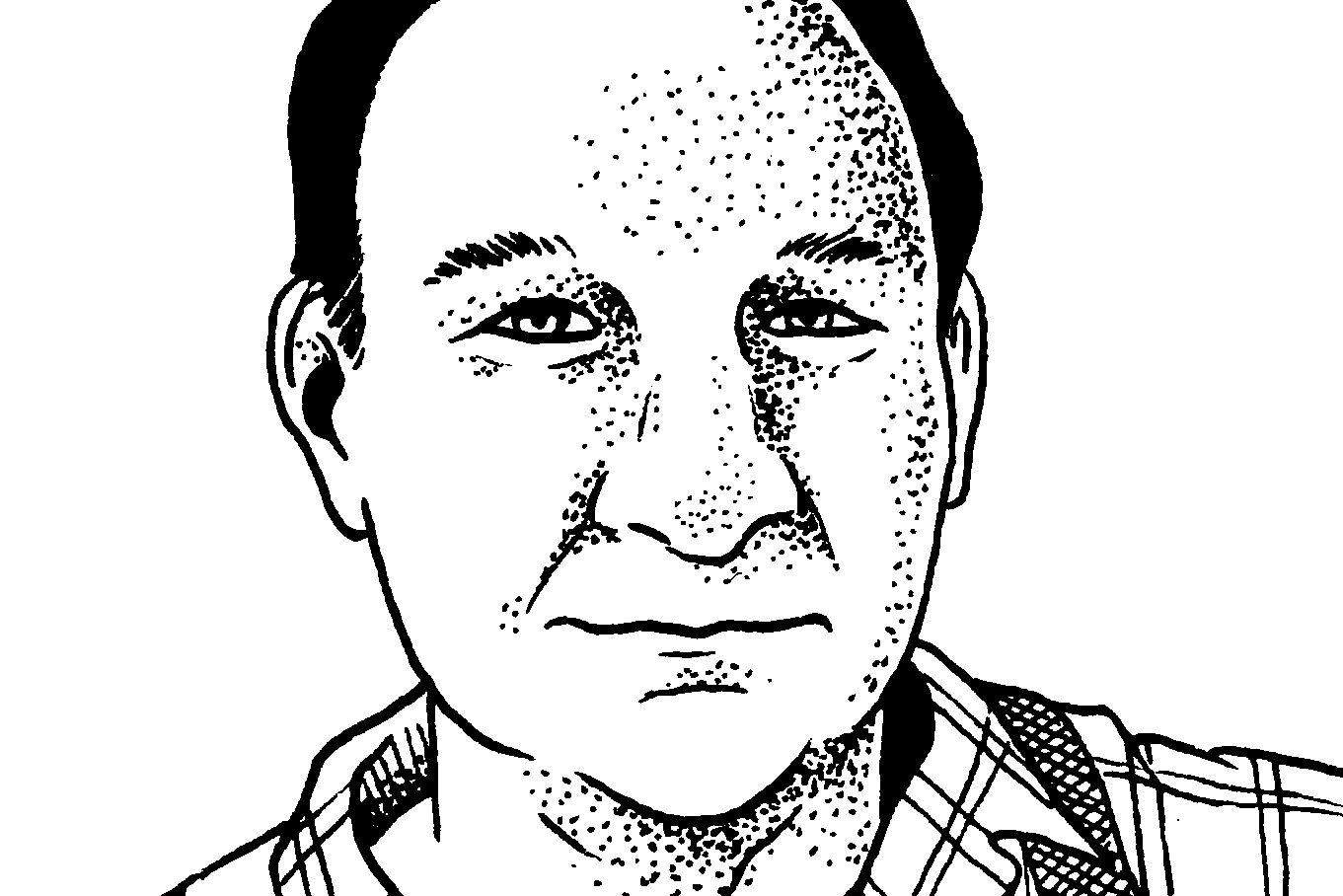In its review of Jamie Ford’s 2009 novel Hotel on the Corner of Bitter and Sweet, which chronicles the internment of Japanese-Americans through the eyes of a Chinese-American boy in Seattle’s International District, Kirkus concluded: “A timely debut that not only reminds readers of a shameful episode in American history, but cautions us to examine the present and take heed we don’t repeat those injustices.”
Prescient words. Last week, Kansas Secretary of State Kris Kobach, who’s been advising President-elect Donald Trump on immigration policy, told Reuters that the incoming administration is mulling the creation of a federal registry of immigrants from Muslim countries. Carl Higbie, the spokesman of a prominent pro-Trump super-PAC, then went on Fox News to suggest that the internment of Japanese-Americans shows that the idea of a Muslim registry is by no means unprecedented.
In light of the troubling rhetoric, we got on the phone with Ford to gauge his reaction to talk of registries, internment, and the perceived threats of the Other.
What was your first take when this news broke? My first take was like everyone’s first take, kind of a freak-out moment. Then I had to reconcile that with, you know, this is just the world we live in, we live in a 24-hour news cycle, we’re going to fill the airwaves with people who aren’t qualified to talk about a subject any more than a friend on a corner barstool in the pub. The guy that made that statement [Higbie] is not a lawyer, is not a historian, is not a legal scholar, he’s a spokesman for a super-PAC. I don’t blame the guy. He’s just a talking head—that’s the problem, we throw these pundits on the air and once in a while they’re going to step on a land mine and say something really stupid, and this is one of these times, because we have people walking around in our society with first-hand experience with internment camps, and it was no picnic. And it was something that a Republican president apologized for and made reparations for, so to try to walk that back as some useful piece of legislation that we can use on someone else is not valid, it’s not true, and it’s not smart.
Maybe so, but the talk of a registry does seem to have strong parallels to what happened to Japanese-Americans. It’s such a weird thing for Trump to say he’s going to register people; that speaks to the cluelessness of Trump. There’s already a no-fly list, there’s already a list with Homeland Security. The FBI already monitors mosques and has paid informants. I take it as political theatre, a scare tactic to verbally harass minority groups, that’s how it feels to me. In 2009 I was asked if I thought something like internment could happen again and I said no, we’re so beyond that; I was very optimistic, and I was recently asked last month the same question, if I wanted to revisit that question, and I have to say that the times, we’ve devolved a little bit, socially. There’s definitely a parallel to the Japanese internment, taking a marginalized group and basically depriving them of their basic rights, and I thought we had learned.
Is that a product of forgetting, as a society, what internment was like? Yeah, it kind of breaks my heart when there’s someone on Facebook who I know read my book, told me they loved it, said what an injustice the Japanese internment was, and then on their social media share something about the need to register Muslims. It just breaks something inside me when I see someone do that; and I think there’s always going to be a group of people willing to look the other way as other people get their rights trampled if it means more security for them, or perceived security. There’s been so much fear-mongering that they’re at that point where in their minds they’re able to reconcile it somehow.
How might you suggest people refresh their history of the internment? Full disclosure: I’m on the board of the Wing Luke [Museum of the Asian Pacific American Experience]. I just got an e-mail from the director today saying she’s been in contact with lots of other cultural museums, basically figuring out how they can create better understanding of people of color, of minorities who have had a bad shake. The Wing Luke is a fantastic place to go. It tells the story of a lot of people’s immigration roots in the Pacific Northwest; their journey, the things they suffered, the things they sacrificed and tolerated really to become part of American culture. It’s historically important; it enlarges your empathy to have that understanding. If only to combat the knuckleheads on these news shows, get out and talk to your neighbors, explore places like the Wing Luke, places that are culturally different; I just think it’s healthy.
dperson@seattleweekly.com
This interview has been edited for length and clarity.








